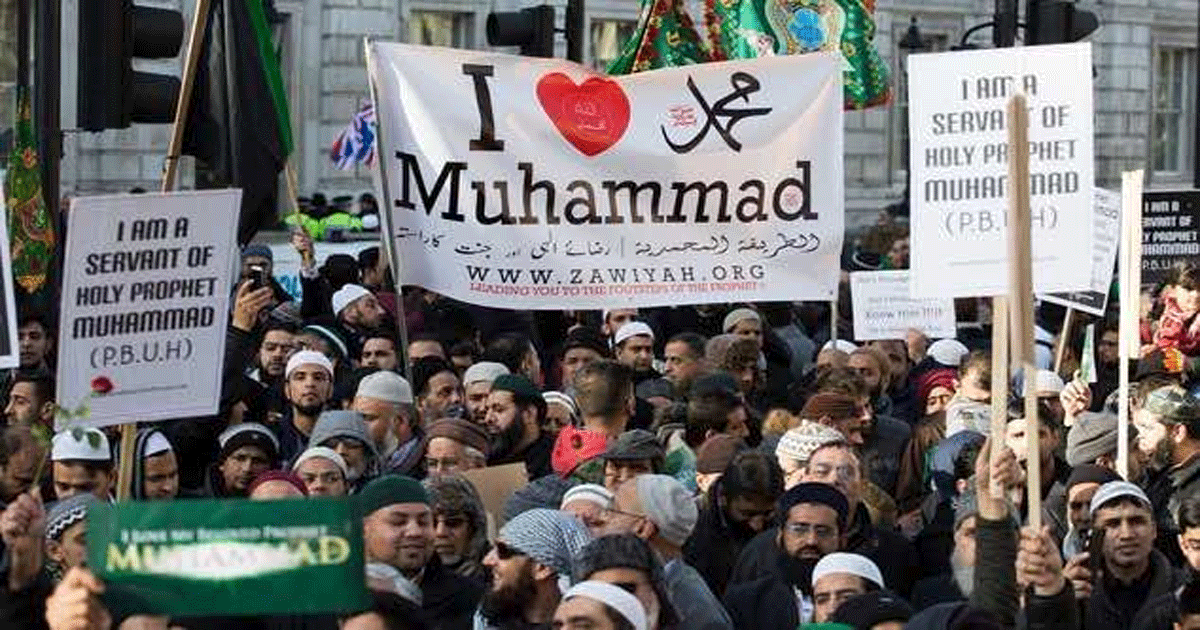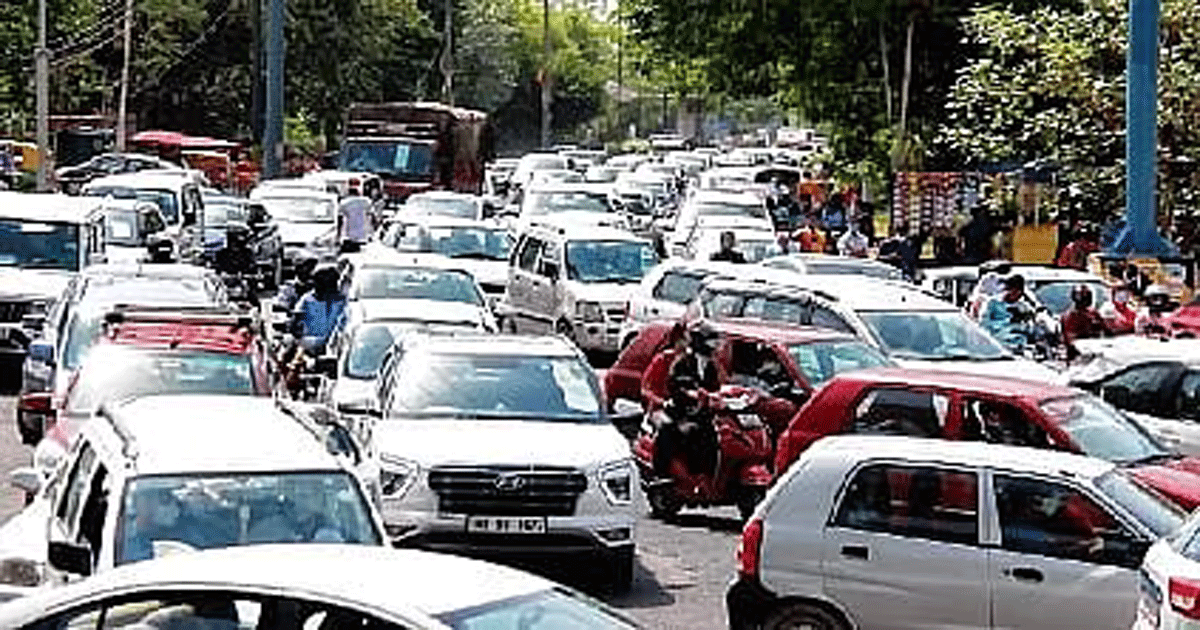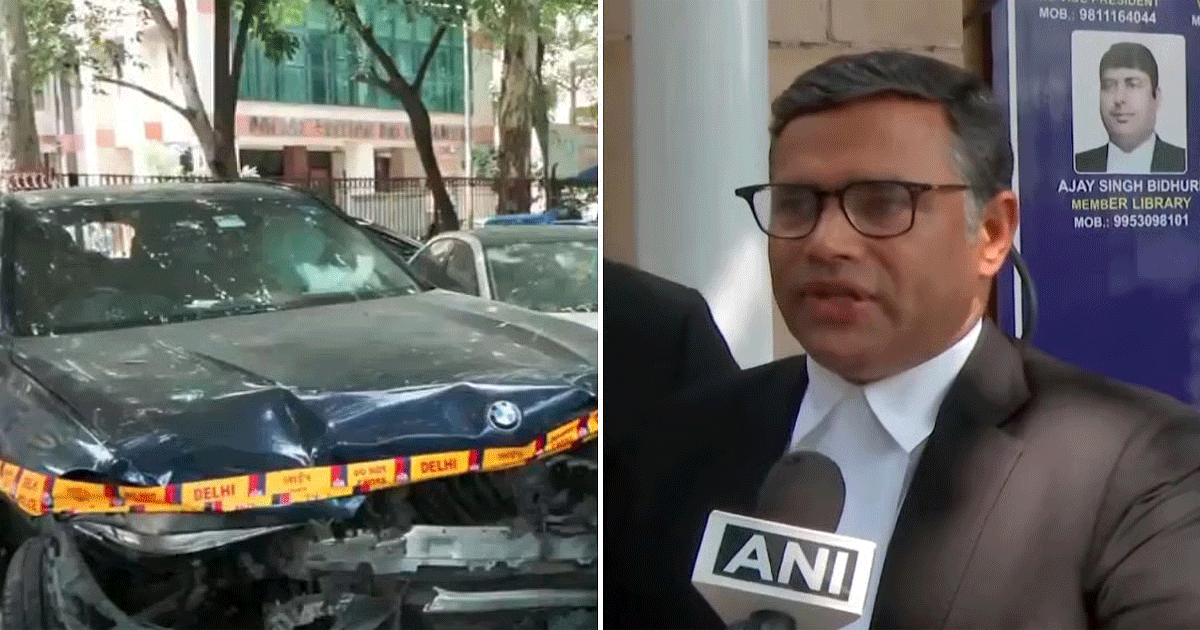National News
NEET-PG admissions: SC allows counselling with 27% OBC and 10% EWS quota
The Supreme Court on Friday cleared the decks for postgraduate medical counselling and admissions, including the Other Backward Classes (OBC) and economically weaker sections (EWS) reservations for the current academic year, 2021-22.
A bench headed by Justice D.Y. Chandrachud and A.S. Bopanna upheld the constitutional validity of 27 per cent reservation for OBC and 10 per cent EWS for the NEET-UG and NEET-PG. However, the top court added that it would decide on the rationale of criteria of Rs 8 lakh income for EWS category in March this year.
On Thursday, after conducting a day-long hearing on petitions challenging the validity of EWS quota in postgraduate medical admissions and the Centre’s argument favouring the quota, the court said there is a situation, where in national interest, the counselling has to begin, which was also a key demand of protesting resident doctors.
A bench comprising Justices D.Y. Chandrachud and A.S. Bopanna said: “We are in a situation, where in the national interest the counselling has to begin.”
Solicitor General Tushar Mehta, representing the Centre, argued that all candidates eligible for the EWS quota, as per existing criteria, have got their certificates for registration and added that seats in all the government colleges have been increased to accommodate the EWS quota.
“So, this will not harm the chances of general category students…”, he added.
Mehta also clarified that super-speciality courses have no reservation and none of the judgments remotely suggests that there cannot be reservation in PG courses. On the aspect of the EWS quota, he said there was a study, application of mind, and wide consultation when the government decided to fix the Rs 8 lakh income limit.
The Centre has accepted the report of a three-member panel constituted to revisit the EWS criteria. The panel, in its report, said: “Firstly, the EWS’s criteria relates to the financial year prior to the year of application whereas the income criterion for the creamy layer in OBC category is applicable to gross annual income for three consecutive years.”
The panel added: “Secondly, in case of deciding the OBC creamy layer, income from salaries, agriculture, and traditional artisanal professions are excluded from the consideration whereas the Rs 8 lakh criteria for EWS includes that from all sources, including farming. So, despite being the same cut-off number, their composition is different and hence, the two cannot be equated.”
After hearing the parties in the matter, the top court reserved its judgment on the petitions challenging the 27 per cent reservation for Other Backward Classes (OBC) and 10 per cent reservation for EWS in all-India quota seats for postgraduate medical courses.
As many as 15 per cent seats in MBBS and 50 per cent seats in MS and MD courses are filled through all-India Quota from the candidates selected through the NEET.
Mumbai Press Exclusive News
Controversy and tension over removal of ‘I Love Muhammad’ banner in Mumbai’s Kurla VB Nagar, ‘I Love Muhammad’ banners and widespread protests in Maharashtra

Mumbai: After an FIR was registered in Kanpur, Uttar Pradesh, UP, after peaceful protests across the country and the world, banners of Maharashtra and Mumbai ‘I Love Muhammad’ were displayed, after which last night the Kurla VB Nagar Police along with the BMC issued an order to remove the banners of ‘I Love Muhammad’, after which Muslim youth protested against it and the youth said that they are ready to take a case in this matter but will not remove the banners. The ‘I Love Muhammad’ movement has intensified in Maharashtra and Mumbai. In this matter, Senior Inspector Popat Ahwad of Kurla VB Nagar confirmed this and said that the situation is peaceful and there was some mistrust, which has been resolved. At present, the police in Mumbai and Maharashtra have temporarily stopped the process of removing the banners, this has been confirmed by a senior police officer. Similarly, at 8:30 pm last night, an ‘I Love Muhammad’ banner was placed by unknown persons near the Bhiwandi ACP office. Mumbai And now in Maharashtra, communal elements are trying to spoil the atmosphere under the guise of the banner of I Love Muhammad. A senior police officer has emphasized the need to be alert. The I Love Muhammad movement intensified in Maharashtra and Mumbai on Friday. In such a situation, communal elements are conspiring to spoil the atmosphere on this issue. In Mumbai and Maharashtra, there was a huge protest against the registration of an FIR against Muslim youth in Kanpur for writing I Love Muhammad. In Mumbai, Muslims protested carrying placards of I Love Muhammad. The streets echoed with the name of I Love Muhammad. Mumbai Police has now started monitoring the situation after this controversy, along with this, monitoring is also going on on social media.
National News
Mumbai-Ahmedabad Highway Tragedy: 16-Month-Old Toddler Dies After Ambulance Carrying Him To Hospital Gets Stuck In Traffic On Thane’s Ghodbunder Road

Palghar: A 16-month-old boy lost his life on Thursday after the ambulance carrying him to a Mumbai hospital was trapped in a prolonged traffic jam on the Mumbai-Ahmedabad Highway in Thane district, according to people close to his family.
The child, had been staying at his grandmother’s home in Pelhar, Palghar district, when he accidentally fell from the fourth-floor balcony while playing. He sustained serious abdominal injuries in the fall.
Neighbours said that the child was initially rushed on a motorbike to a private hospital in Naigaon, where doctors managed to stabilise him briefly before advising urgent transfer to a specialised hospital in Mumbai. His family arranged for an ambulance, but the vehicle became stranded in gridlock on the highway due to repair work on the Thane-Ghodbunder Road, which had forced closure of a key stretch from 6 am to 9 pm.
Unable to move further, the ambulance diverted to a hospital in Sasoon Navghar, between Thane and Vasai, where doctors declared the toddler dead on arrival. Hospital officials later confirmed that he had passed away before admission.
The tragedy has triggered widespread anger among residents, who blamed civic and traffic authorities for poor planning and lack of emergency measures. Citizens have demanded immediate implementation of green corridors for ambulances, stricter restrictions on heavy vehicles during peak hours, and accountability for lives lost due to prolonged congestion.
Traffic snarls have paralysed commuters for several days on both the Mumbai-Ahmedabad and Mumbai-Nashik highways, with vehicles reportedly stranded for up to six hours. In another incident on Thursday, a woman recently discharged from Bhaktivedanta Hospital had to wait for more than five hours on the roadside near Fountain Hotel as her father’s car remained stuck in traffic at Vasai.
On July 30, a 49-year-old woman, Chhaya Kaushik Purav, a resident of Madhukar Nagar in the Saphala area who suffered severe injuries in a tree fall incident, died when the ambulance ferrying her got stuck in a massive traffic jam on a highway in Palghar.
The authorities are yet to issue a formal statement on the condition of the highway, leaving commuters uncertain about when relief can be expected.
National News
Delhi Court Adjourns Bail Plea Of BMW Crash Accused Gaganpreet Kaur To September 24 As Police Cite Pending Probe

New Delhi: A Delhi court on Saturday put off till September 24 the hearing on the bail application of Gaganpreet Kaur, the main accused in the Delhi BMW fatal accident case, accepting the police plea that they were yet to seize her mobile phone and driving licence.
Judicial Magistrate Ankit Garg was told by investigators that they were not in favour of granting bail to her at this stage as the probe was still at a nascent stage.
Opposing Kaur’s plea, the police said that the mobile phone used by her to contact family members after the accident was a crucial piece of evidence.
“We have not yet recovered the mobile phone and driving licence of the accused,” said the prosecution lawyer.
The defence counsel informed the court that Kaur’s phone is with her husband and it will be handed over to the police by Saturday evening.
He claimed that Kaur’s driving licence was earlier given to investigators but if it is still not on record the family shall resubmit it to the police.
Kaur has been arrested in connection with the death of Navjot Singh, Deputy Secretary in the Ministry of Finance, and serious injuries to his wife, Sandeep Kaur, in an accident on September 14 near Dhaula Kuan.
The fatal accident occurred around 1 P.M. on September 14, near the Delhi Cantt Metro Station. The victim couple was returning from Bangla Sahib Gurdwara on a motorcycle when they were hit by a BMW car, allegedly driven by Gaganpreet Kaur. Her husband, Parikshit, was seated in the passenger seat at the time of the crash.
In a parallel development, the court issued notice to the police on a separate application filed by the accused, requesting preservation of CCTV footage from the accident site.
On Thursday, the court indicated that there was no legal provision allowing sharing of CCTV footage with the accused in a criminal case.
After the accident, the police registered a case under various penal provisions, including culpable homicide not amounting to murder, and rash and negligent driving. The police is also probing possible attempts to tamper with evidence.
-

 Crime3 years ago
Crime3 years agoClass 10 student jumps to death in Jaipur
-

 Maharashtra12 months ago
Maharashtra12 months agoMumbai Local Train Update: Central Railway’s New Timetable Comes Into Effect; Check Full List Of Revised Timings & Stations
-

 Maharashtra11 months ago
Maharashtra11 months agoMumbai To Go Toll-Free Tonight! Maharashtra Govt Announces Complete Toll Waiver For Light Motor Vehicles At All 5 Entry Points Of City
-

 Maharashtra12 months ago
Maharashtra12 months agoFalse photo of Imtiaz Jaleel’s rally, exposing the fooling conspiracy
-

 National News11 months ago
National News11 months agoMinistry of Railways rolls out Special Drive 4.0 with focus on digitisation, cleanliness, inclusiveness and grievance redressal
-

 Maharashtra10 months ago
Maharashtra10 months agoMaharashtra Elections 2024: Mumbai Metro & BEST Services Extended Till Midnight On Voting Day
-

 Crime11 months ago
Crime11 months agoBaba Siddique Murder: Mumbai Police Unable To Get Lawrence Bishnoi Custody Due To Home Ministry Order, Says Report
-

 National News12 months ago
National News12 months agoJ&K: 4 Jawans Killed, 28 Injured After Bus Carrying BSF Personnel For Poll Duty Falls Into Gorge In Budgam; Terrifying Visuals Surface












